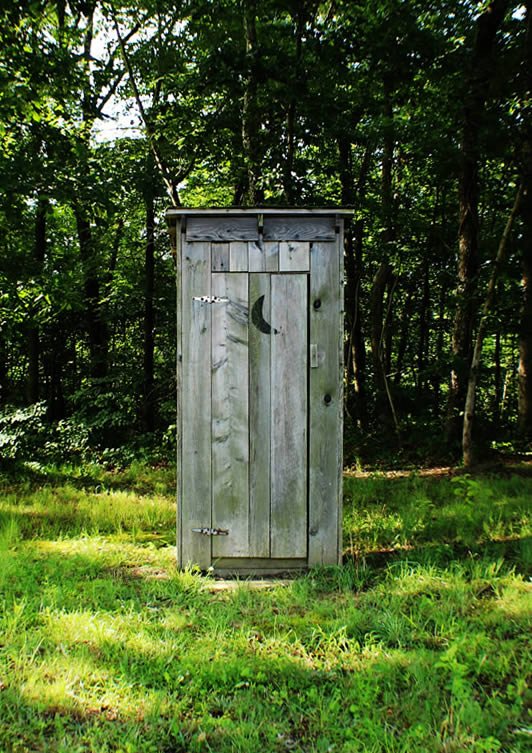
If You Hold In Your Pee You’re Asking for Trouble!
As another year goes into the books we all want to start the new year off right, and when Shape.com writer Gabrielle Kassel started making a list of things we all can do to improve our lives in the coming year, she included a couple things that are of particular interest to our readers. We’ve covered the issue of “holding it” elsewhere on our site, but it bears repeating now that New Year’s Resolutions are on our minds. And painful periods are not something to ignore either!
Whether it’s during a road trip, work meeting, or a movie at the theater, if you have to pee, pelvic floor experts want you to beeline for the bog. In order to hold in urine, you have to contract your urethral and pelvic floor muscles, explains Heather Jeffcoat, a pelvic floor therapist who specializes in incontinence and dyspareunia and the founder of Fusion Wellness & Physical Therapy in Los Angeles, CA. When done regularly, “this prolonged holding pattern can create short, tight, and overactive pelvic floor muscles, which may eventually lead to pelvic floor dysfunction,” she says.
The most common pelvic floor disorders caused by frequent urine holding are known medically as overactive floor muscles, non-relaxing pelvic floor muscles, and hypertonic pelvic floor. The most common symptoms of these conditions include pain or urgency.
The Fix
Regarding preventive medicine, the fix here is pretty simple: When you have to go, go. If you’re a road-tripped or van-lifer and that isn’t as easy for you as it is for someone who works from home, consider investing in a TravelJane Disposable Urinal For Women or GoGirl Female Urinal (links to both of these are in the full article).
Finally, whether you regularly hold in your pee or not, if you are experiencing any of the symptoms of a tight pelvic floor, Dr. Jeffcoat recommends seeking the care of a gynecologist to start.
Some of these symptoms may also be due to an infection, so it is always best to see your medical doctor to rule that out,” she says. Once infections have been ruled out, a pelvic floor therapist can help you address your symptoms through pelvic floor therapy, breathing exercises, pelvic floor workouts, dilators, and other lifestyle interventions, to name a few potentially effective interventions.
For instance, Heather mentions that holding your pee “can create short, tight, and overactive pelvic floor muscles, which may eventually lead to pelvic floor dysfunction.”
Habits That Are Doing More Harm Than Good:
- People pleasing
- Permeable boundaries
- Doom scrolling
- Winging it during workouts
- Doing too much HIIT
- Wearing the wrong shoes
- Not maintaining a sleep schedule
- Falling asleep to the TV
- Holding in your pee
- Ignoring excessive period pain
For the full lowdown on everything from people-pleasing to winging it during workouts, this article is a must-read for anyone looking to start 2025 on the right foot!
If you’re looking for some one-on-one therapy to help with your own pelvic floor issues, our professional and friendly staff is here to help!
